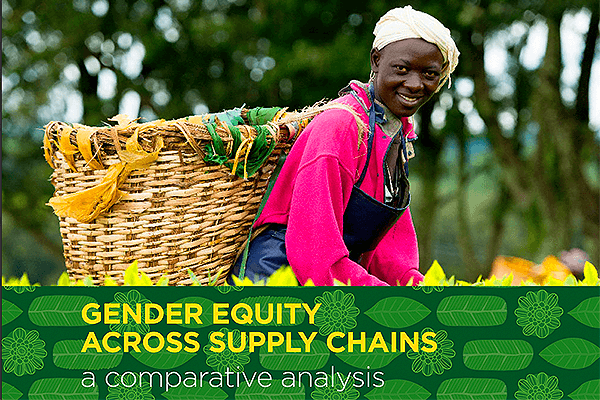A recently concluded Banana Link project, undertaken in partnership with Women Working Worldwide, has identified key drivers of change for women in agricultural value chains.
The project – Gender Equity Across Supply Chains: A Comparative Analysis – gathered case studies of good practice on progress towards gender equity across banana, flower and tea sectors, from which lessons could be drawn and future action planned.
Among the many case studies (including seven in-depth studies and three video case studies) collected are initiatives to eradicate sexual harassment in the Florida tomato industry, the gendered collective bargaining strategy of Latin American banana worker unions, rights education for Moroccan strawberry workers and the gender strategy of Finlays in Kenyan tea production.
Contributions have been made to the case studies by the Fairtrade Foundation, the International Union of Foodworkers, Compagnie Fruitière, Finlays, Sainsburys and Tesco.
As a result, we have identified the following key drivers necessary to enable women – as workers or small-scale producers – to secure their rights, including a living income:
Education – which has the extraordinary and transformative power to change women’s – and men’s – lives.
An enabling environment – where women are involved in designing any work towards gender equity and where companies develop, implement and consistently monitor a comprehensive strategic approach to gender equity.
Representation of women at all levels of decision making in any workplace including through independent trade union organising and bargaining.
The diagram below illustrates the full components we have identified as comprising each of the key drivers:

This work is a small but hopefully very informative start to further activities towards gender equity that we hope to continue in partnership with small farmer organisations and workers’ trade unions, along with fellow NGO and company members of the Ethical Trading Initiative, who provided funding for this prpject.
